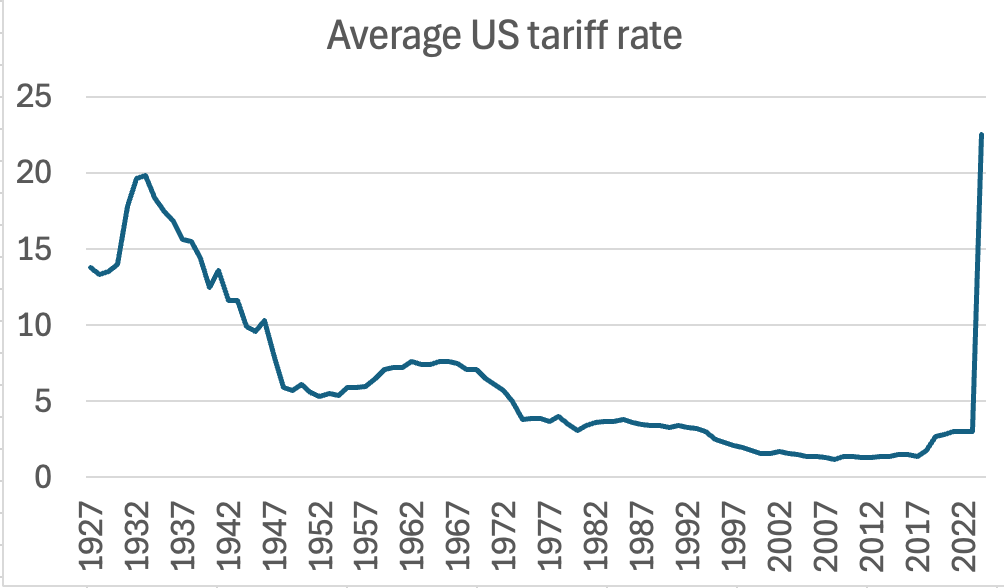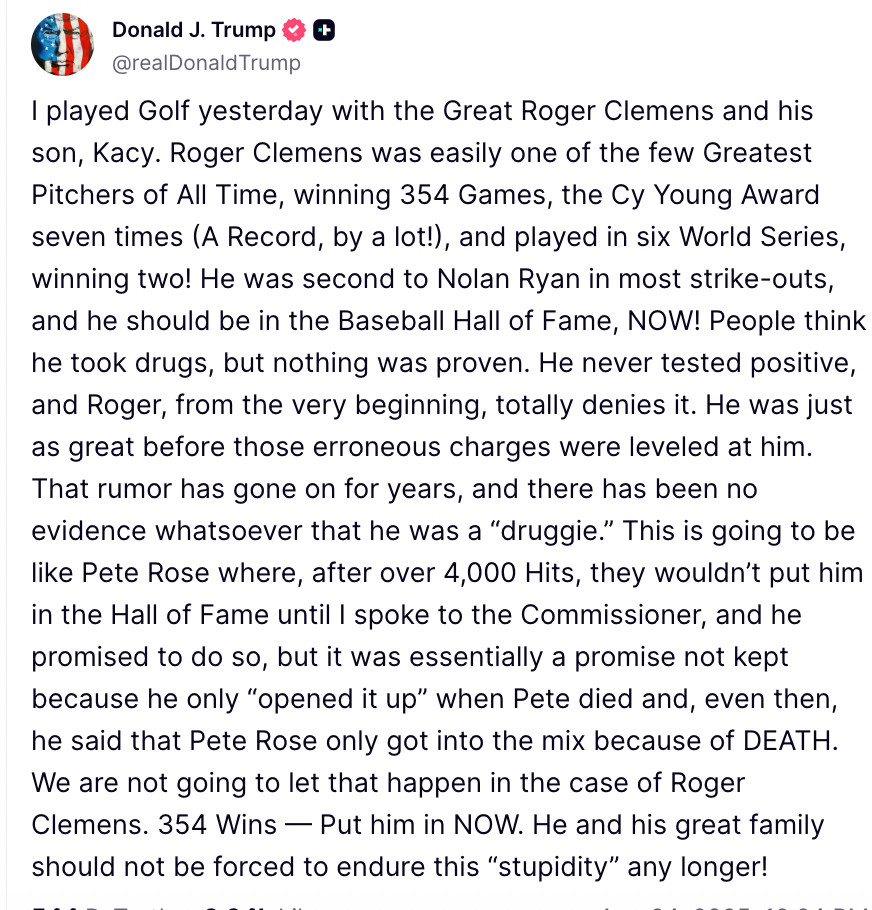What did Donald Trump do today?
Very, very little—but he did find the energy to praise the "character" of a man fired from the NFL for racism.
Trump apparently returned to his Virginia golf club today, ostensibly to play golf with former NFL football coach Jon Gruden. Bizarrely, and just possibly significantly, neither claim could be independently verified. Press pool reports showed Trump's motorcade going to the Trump National Golf Club in Virginia, and the pool reporter did confirm a "brief glimpse" of Trump entering and exiting an SUV in his motorcade. This is the second day in a row that the pooler has not been allowed to approach Trump or do more than what reporters call "proof of life" coverage.
Gruden's presence was not visually confirmed by any independent source, only by a post to Trump's private microblogging site. And that showed only Trump from behind, sitting in a golf cart, shaking hands with Gruden—who was wearing exactly the same clothes he wore when he golfed on August 23, according to his own social media posts.
Of course, even given Trump's propensity for brazen and easily disproved lies where his health is concerned, the most likely explanation is that he and Gruden really were on the course, whether or not Trump was able to rise from the cart. But even by Trump's famously lackadaisical weekend standards, it continues to be eerily quiet on the White House beat.
In the post on Trump's blog, he (or whoever wrote it) described Gruden as "a really nice guy" with "true character." Gruden was fired as the coach of the LA Raiders in 2021 after an avalanche of revelations that he'd used homophobic, misogynist, and racist language for more than a decade to describe players, referees, staff, league officials, and anyone else who upset him. Players going back to Gruden's time as a college football coach have long confirmed those rumors and others about toxic and abusive behavior, including his famous aversion to hiring Black coaches and coordinators or putting Black players at "skill positions" like quarterback. But there's also documentary evidence, like the 2011 e-mail he wrote commenting on a Black player's intelligence and appearance in minstrel-show terms.
Confronted with such evidence at the point when he was forced to resign, Gruden insisted, "I don't have an ounce of racism in me." That's oddly similar to Trump's favorite expression when confronted with racist language he's used, or made racist assumptions about Black people he encounters in public, or his belief that African-Americans should be sent back "where they came from," or racist groups who endorse him for their belief in his racism. In those situations, Trump usually describes himself as "the least racist person ever."
Why does this matter?
- The problem is that nobody really doubts Trump does think highly of the character of people like Jon Gruden.
- Under the circumstances, a president who could let reporters close enough to see him do more than sit quietly in a golf cart, probably would.








